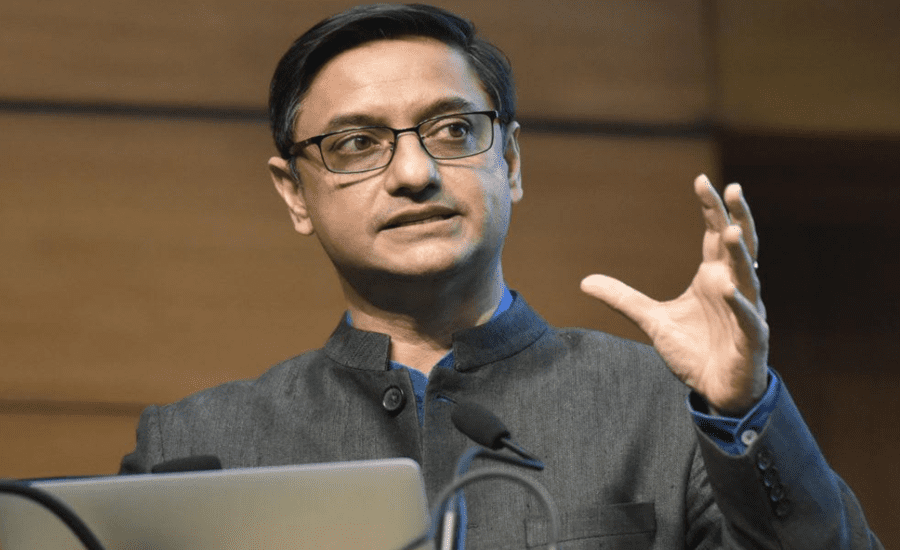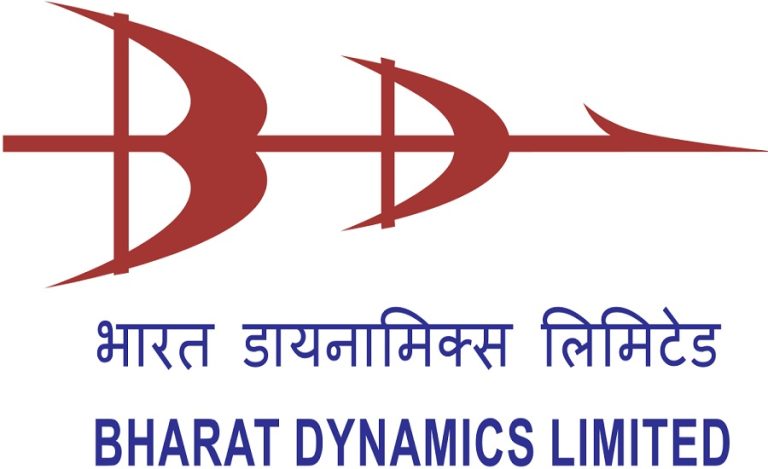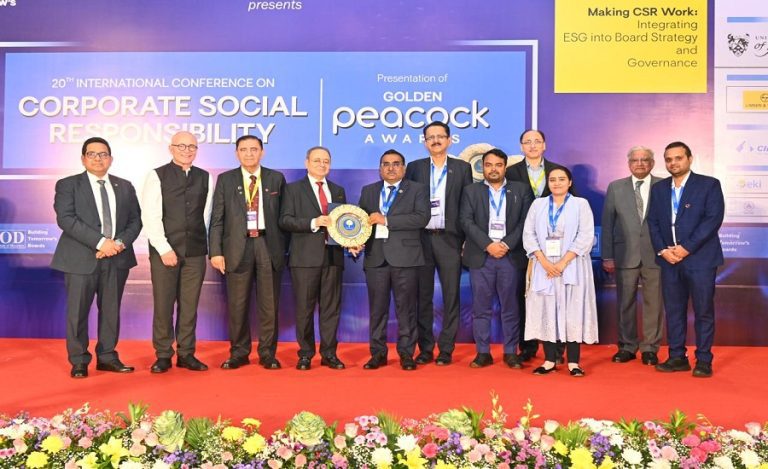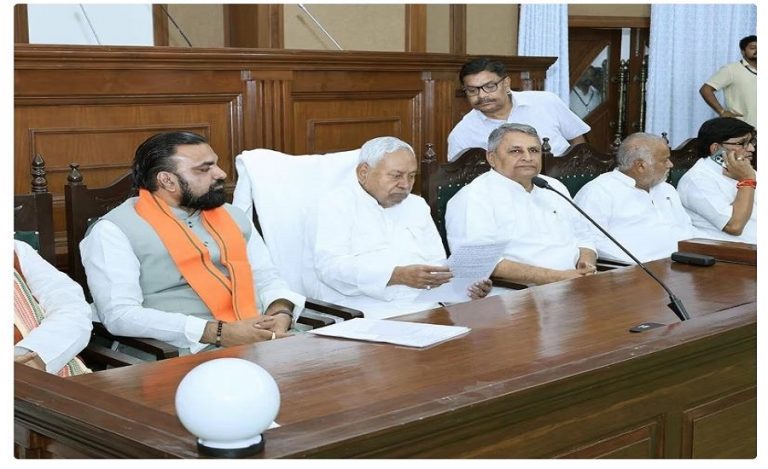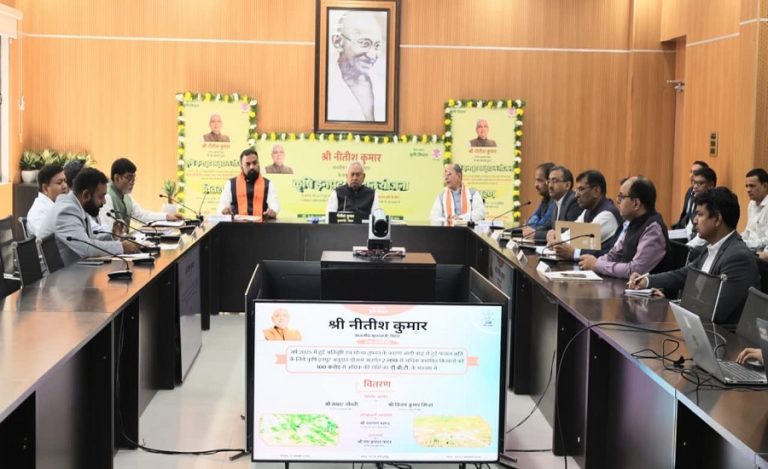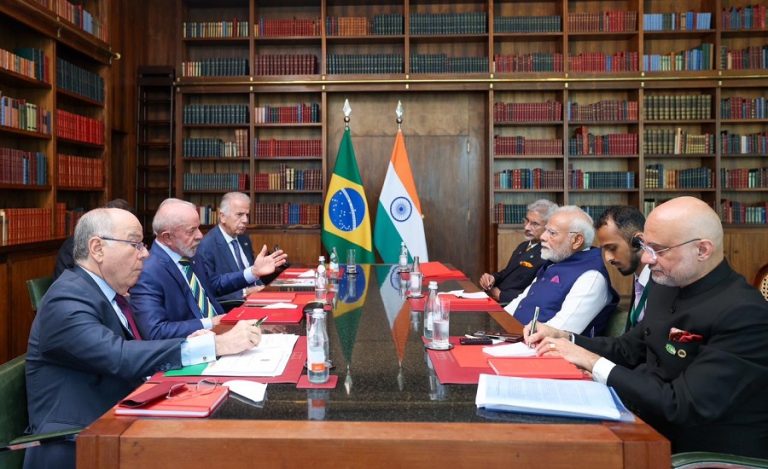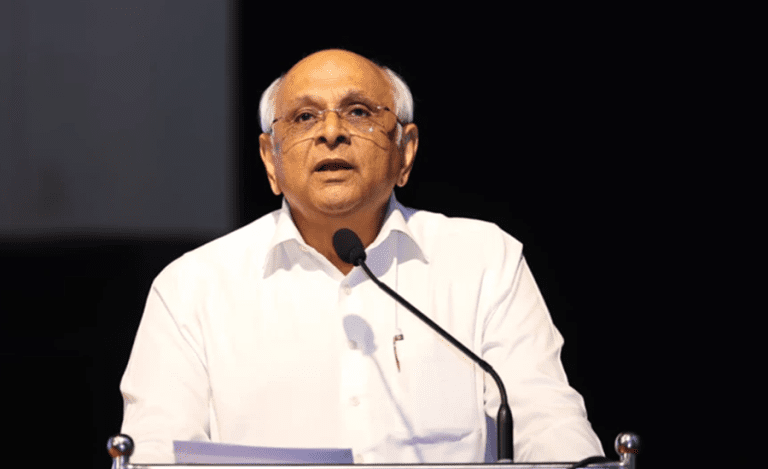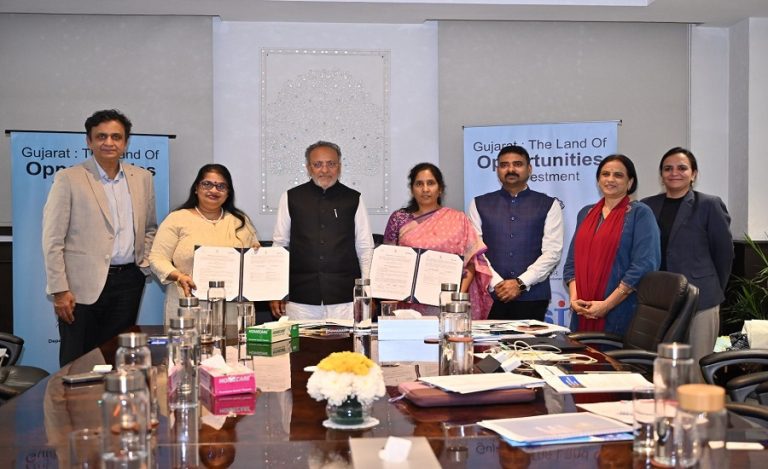In what could mark a significant shift in India’s economic decision-making structure, Mr. Sanjeev Sanyal is likely to be entrusted with a more integral and strategic role in the central government under Prime Minister Narendra Modi’s third term. According to credible sources, Mr. Sanyal, a key member of the Economic Advisory Council to the Prime Minister (EAC-PM), may soon take on expanded responsibilities aligned with the government’s evolving economic roadmap.
From Think Tank to Policy Architect: A Natural Progression
Since his appointment to the Economic Advisory Council in 2022, Mr. Sanyal has been serving with the rank of Secretary, Government of India, where he has played a vital part in shaping policy discussions and offering reform-oriented insights.
Known for his innovative economic thinking and strong advocacy for Indian economic philosophy, Mr. Sanyal’s elevation is being seen as a move towards a more data-driven, pragmatic, and Indianised policy framework.
Developmental Focus Aligned with Vision 2047
As India prepares for its Amrit Kaal journey toward 2047 — the centenary of independence — experts suggest Mr. Sanyal’s role will align closely with structural reforms, institutional resilience, and boosting private sector-led growth.
His past contributions have strongly supported policy shifts in urban planning, fiscal discipline, and governance reforms, all of which are key to India’s developmental goals in the current decade.
Academic and Administrative Credibility
Apart from his role in government, Mr. Sanyal is also the Chancellor of the Gokhale Institute of Politics and Economics, Pune — one of India’s premier economic research institutions. His academic background, including his tenure as Global Strategist at Deutsche Bank and Rhodes Scholar at Oxford, adds intellectual heft to his administrative credentials.
Anticipated Role Reflects Modi Government’s Confidence
The buzz around Mr. Sanyal’s likely new role reflects growing confidence within the Prime Minister’s Office in his ability to deliver on complex economic challenges, especially in the post-pandemic global context and amid shifting geopolitical dynamics.
If confirmed, his inclusion in a more executive policy role could mark a decisive step toward institutionalising strategic economic governance.
Also Read: India Eyes SAF Export Potential with 750 MT Biomass, Targets 5% Blending by 2030

